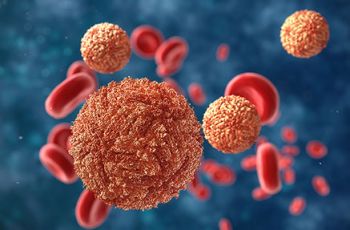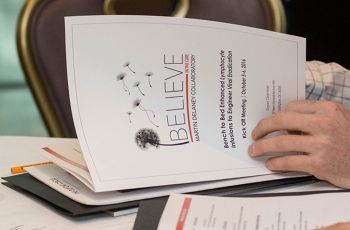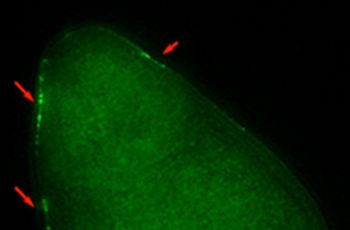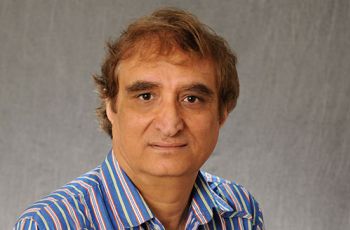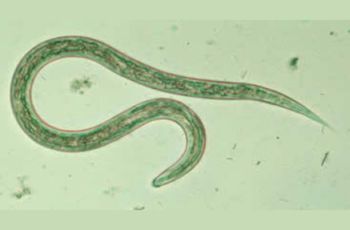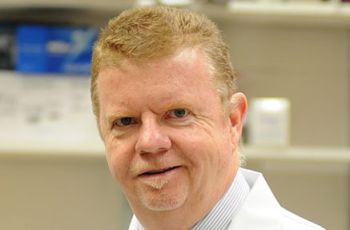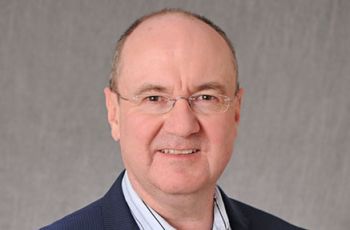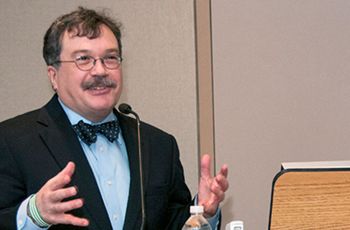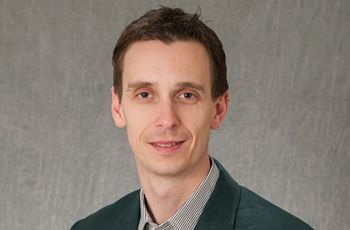Microbiology-Immunology-Tropical Medicine
The GW School of Medicine and Health Sciences’ International Medicine Programs and Department of Microbiology, Immunology, and Tropical Medicine are co-sponsoring a two-day scientific research summit with the Instituto Butantan and Universidade de São Paulo focused on Zika virus. The summit takes…
Participants in the multimillion-dollar National Institutes of Health BELIEVE grant gather in Washington, D.C. for their first meeting.
Research by Sutas Suttiprapa, Ph.D., Paul Brindley, Ph.D., and others in the Department of Microbiology, Immunology, and Tropical Medicine found a modified form of the HIV-1 virus can integrate into the genome of the parasitic flatworm that causes the disease schistosomiasis. The research was…
Imtiaz Khan, Ph.D., professor of microbiology, immunology, and tropical medicine, published research in the Journal of Experimental Medicine finding a way to regulate chronic toxoplasmosis, one of the most common parasitic diseases worldwide.
David Diemert, M.D., associate professor of microbiology, immunology, and tropical medicine, and Jeffrey Bethony, Ph.D., professor of microbiology, immunology, and tropical medicine, received a $2.2 million grant from the National Institutes of Health to work on a phase 1 clinical trial to…
MaxMind, an industry-leading provider of IP security and online fraud detection tools, has given a $100K gift to the GW’s Research Center for Neglected Diseases of Poverty to end schistosomiasis through gene drive technology.
New research co-authored by Douglas Nixon, M.D., Ph.D., chair of the Department of Microbiology, Immunology & Tropical Medicine and Walter G. Ross Professor of Basic Science Research, found that some individuals exposed to HIV-1, but who remain uninfected, have a certain pattern of virus-…
Internationally recognized expert on Neglected Tropical Diseases (NTDs), Peter Hotez, M.D., Ph.D., returned to GW’s School of Medicine and Health Sciences (SMHS) May 14 to serve as the 8th Annual Alpha Omega Alpha (AΩA) Visiting Professor.
Brad Jones, assistant professor of microbiology, immunology, and tropical medicine, received a $180,000 grant from amfAR's generationCURE for his research looking at whether a novel combination therapy can eradicate the latent reservoirs of HIV that present a major barrier to finding a cure.
Researchers at Children's National Health System, a clinical partner of the GW School of Medicine and Health Sciences, joining other teams, have uncovered new evidence that T-cells, a type of blood cells, can effectively restore antiviral immunity after transplantation for some of the most high-…
